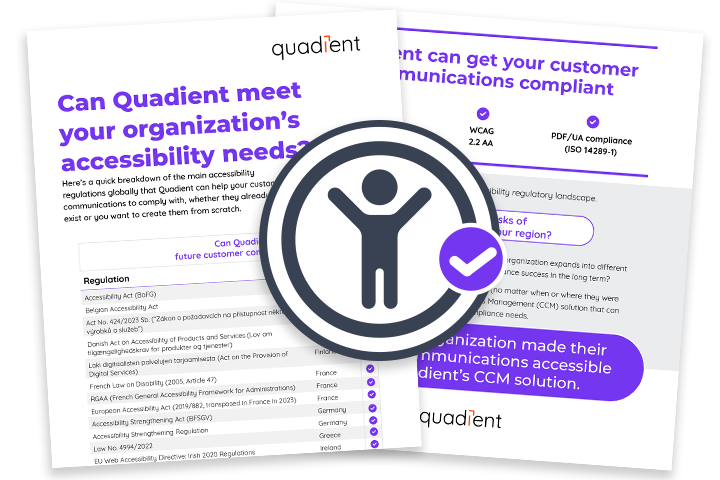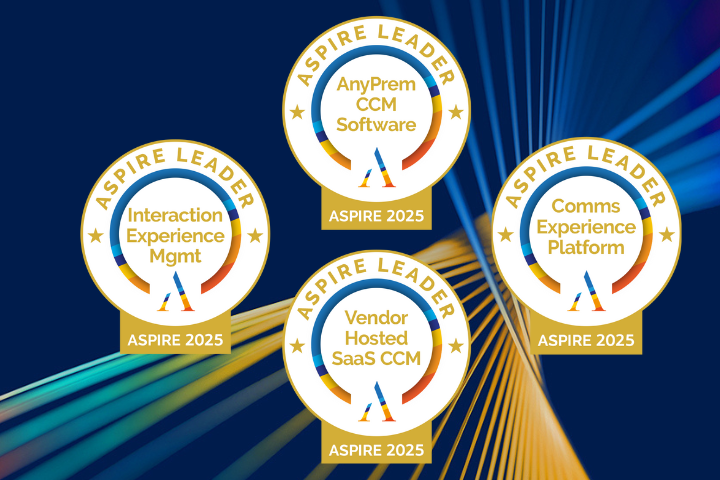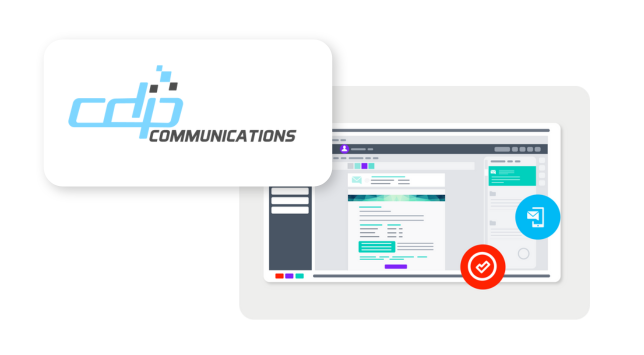
Whether we're ready or not, remote working is here to stay. The prediction that 50-80 million jobs that were once office-based will be predominantly remote by 2030 means organizations need to be prepared to facilitate remote work effectively.
This shift brings challenges, particularly when managing a distributed workforce. These challenges are compounded for accounting teams. In this blog post, we'll delve into why the right technology is crucial for organizations to enable remote work while ensuring that their AP teams are set up for success.
The benefits of remote working
In today's digital landscape, 95% of working professionals want the ability to work remotely or in a hybrid environment where they can split their time between in-office and at-home hours. After all, there's a lot to like about remote working for both employees and employers.
| Benefit | Who benefits | Example |
| Attract and retain top talent | Employee | Meets desire to work remotely or in a hybrid environment |
| Employer | Appeal to top talent looking for a flexible work environment; access to a larger talent pool | |
| Tangible savings | Employee | Average savings of $6,000 per year |
| Employer | Less square feet of physical office space, reduced rent and other operational cost-savings up to $11,000 per remote employee | |
| Positive environmental impact | Employee | Reduce carbon footprint by more than 50% |
| Employer | Significantly reduced greenhouse gas emissions | |
| Increased productivity | Employee | 77% of employees are more productive working remotely |
| Employer | Eliminate the $600 billion lost, per year, to workplace distractions | |
| Improved health | Employee | 71% of remote workers are better able to balance work and personal life |
| Employer | Healthier employees lead to 36% less burnout, reduced turnover and improved productivity |
Given these advantages, you might wonder: If remote work offers so many benefits, why isn't every organization fully embracing it?
It's not all smooth sailing
For teams stuck in manual AP, there are complexities that come with a remote or hybrid approach. Consider this:
- 78% of organizations don't use automated AP processes.
If physical AP documents are sitting on employees' desks or locked away in filing cabinets, information cannot be processed in a timely manner or made visible to distributed team members.
- 86% of companies rely on manual invoice entry.
If an invoice is in one location and the employee responsible for keying it in manually is somewhere else, the AP cycle will not be accurate or on time.
- 71% of organizations allow remote work.
If a workforce is spread out across cities or even continents, the AP team is unable to work collaboratively or efficiently.
Let's consider a manual, multi-step AP workflow:
- Invoices are received from vendors via postal mail.
- Invoices are manually entered into a company's accounting system.
- Approvals are requested, either via email or through direct interaction between the AP team member and the approver, with multiple (and manual) follow-ups required.
- Vendor payment details are sourced.
- Checks are manually prepared and signed by one or multiple signing authorities.
- Checks are stuffed into envelopes, stamped, and sent out for postal delivery.
This workflow is inefficient and fraught with opportunities for both manual data entry errors and fraud, even for on-site teams. Now consider if your AP team, approvers, and signing authorities primarily work remotely. This already challenging workflow becomes nearly impossible, while further increasing the risk of something going terribly wrong.
That's where AP automation comes in.
Quadient AP is your cloud-based AP automation solution
Quadient AP's robust, cloud-based AP automation solution empowers your distributed workforce to be productive, collaborative, and successful. Your AP team will benefit from the following improvements to their workflow:
- Electronic and 99% accurate invoice entry
- Automated PO workflows
- Customized and automated approvals and follow-ups
- Real-time reporting
- Digital payment processing
- End-to-end visibility throughout any step in the process
Here are a few real-life examples of how Quadient AP has helped distributed workforces across various industries save time and money while improving their AP workflows.
Fatigue Science
Vancouver-based Fatigue Science was founded in 2006 and has expanded geographically over the last decade. They now have three offices and 50 employees, most working remotely across North America. Looking at his growing team, CEO of Fatigue Science Sean Kerklaan saw a storm approaching. Their paper-based accounting practices were slow, expensive, and at risk of manual error. Each unsigned check required couriering to get two signatures, which could easily add a week or two onto the payment time.
Quadient AP solved this issue by providing full visibility into their AP workflow; adding search functionality and approval hierarchies. Not only have their invoice processing costs been cut substantially, but there have also been added benefits to company data security and disaster recovery.
Kerklaan noted: "Quadient AP is brilliantly simple. It includes an excellent hierarchy structure for a simple approval or rejection process, allows for digital approvals, and saves thousands of dollars on printed paper.”
EnergyWatch
EnergyWatch is an energy management software company that helps reduce energy costs, simplify energy reporting, and measure energy performance. Their headquarters are in New York, and the firm provides services across the US, Canada and Mexico. When Sharon Desser joined EnergyWatch as an accounting manager in 2019, she noticed that the accounting workflow was manual, and paper based. "Everything was paper dependent, very few things were handled on the internet. We're a lean company, we need to be very, very efficient."
Sharon says that remote work highlighted the need to automate payments. During COVID-19 when the entire team was working from outside the office, check signing and mailing emerged as a major challenge. The shortcoming of the situation made it clear that an online payments system was going to be critical.
Quadient AP was rolled out quickly and the team realized benefits immediately:
- Accelerated invoice processing with digital controls.
- Streamlined approval workflows for faster tracking and decision-making.
- Automated invoice data-capture for enhanced accuracy
- Mitigated risk of error and fraud.
- Simplified audits with digital records.
- Expedited financial report generation.
- Significantly improved AP workflow timelines.
- Accessible cloud-based platform for seamless collaboration.
"There's much great time savings and accuracy savings. Moving to a centralized digital platform at the right time was a good move for us." - Sharon Desser, Accounting Manager
Quadient AP helps you empower your distributed workforce
As a cloud-based AP automation solution, Quadient AP connects employees, teams, and departments located anywhere in the world, making the entire AP workflow secure, and effective.
Book a demo with us today to learn more about how Quadient AP can connect your remote team.








